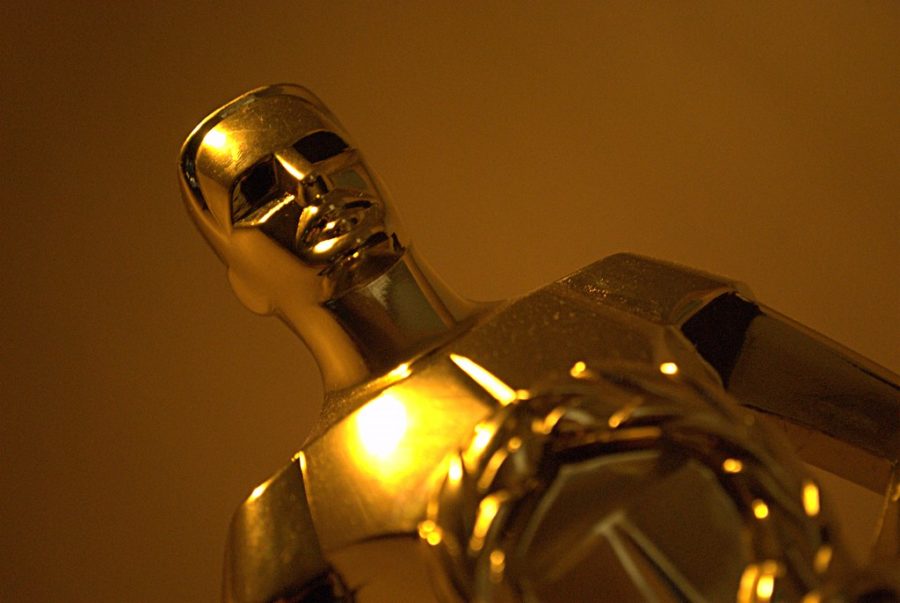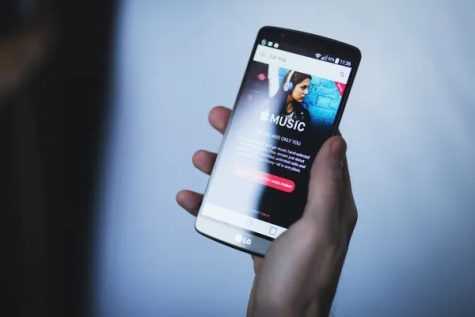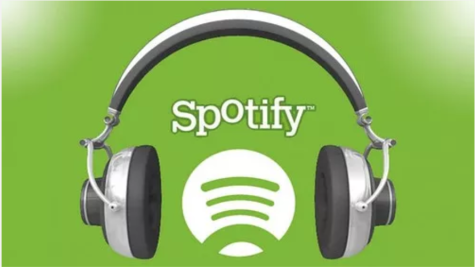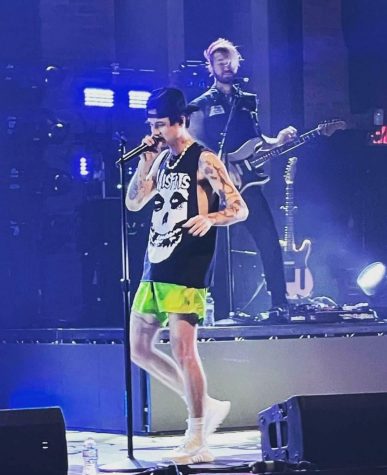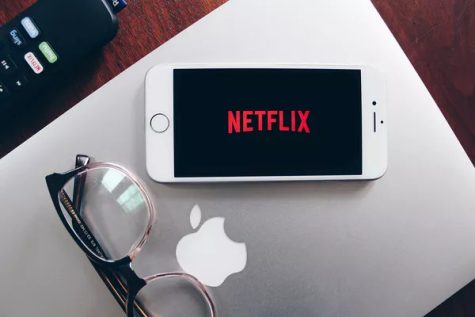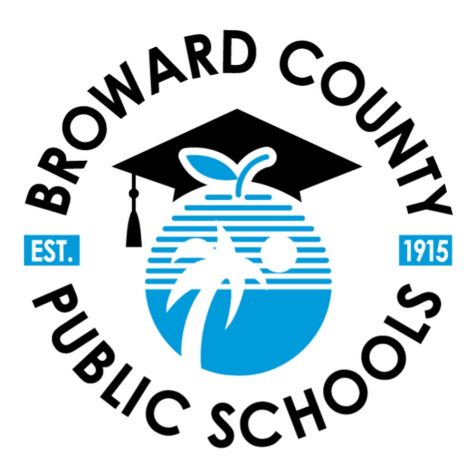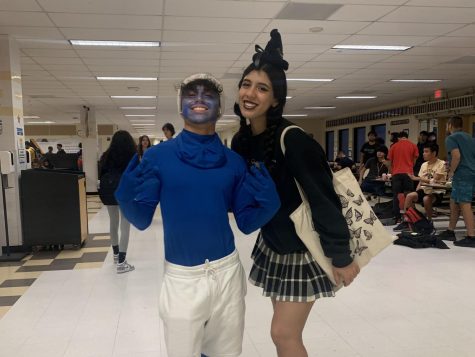Pandemic squashes Oscars’ already diminishing relevancy
“Academy Award Winner” by Dave_B_ is licensed under CC BY 2.0
The latest line of setbacks face the Academy Awards on April 25 as award shows struggle to put on a relevant and entertaining broadcast.
As anyone who’s suffered through buffering virtual calls knows, Zoom is beginning to overstay its welcome. Since face-to-face ceremonies have been postponed, most have found themselves turning to digital alternatives, including award shows. Through video lag ad questionable celebrity turnout, pulling off the Oscars this year will be a story worthy of a best picture itself.
The Academy can look to its fellow award shows for help, but then again, maybe not. The Golden Globes were met with their own set of challenges during their broadcast back in February. Winner Daniel Kaluuya’s acceptance speech was muted, Jason Sudeikis won in a sweatshirt at a black tie event, and hosts Amy Poehler and Tina Fey did their best to humor the empty crowd with varying results, since they themselves were in separate theaters with one in New York and the other in Beverly Hills.
The Grammy’s opted for an in-person but socially distanced affair. Despite some strong performances, many viewers found the ceremony awkward and uncomfortable even at the best of times. The show spawned memes and video edits emphasizing the blunders of the night, such as cars passing by in the background of acceptance speeches since guests were moved outside as per CDC requests.
Trying to learn from these past mistakes, the Academy announced that their event would be 100 percent in-person. This received backlash from those concerned with safety protocols and how foreign nominees would attend. Many celebrities commented that they didn’t think it was worth going to the Oscars just to cover their faces with masks or appear only on screen. Later, the Academy announced they would make exceptions for those who couldn’t make it physically to attend on Zoom, taking them back to square one.
The Oscars have been hurting since before the pandemic, only now the wounds are more present. Last year, the Oscars drew in the lowest ratings of its history with 23.6 million viewers. Battling the #MeToo scandal, racial backlash over its nominees and host controversy, it is safe to say that the Academy Awards has been facing a declining relevance in America.
This applies to all award shows it seems, as most students asked about the Grammys and the Golden Globes admitted they didn’t even watch it and hadn’t heard much about it.
Viewers might tune in if their favorite movies or actors were nominated, but this seems like a long shot this year. With theaters shut down in March 2020, the highly anticipated movies and performances were delayed, leaving the Oscars with nominations that resemble the Sundance film festival more than a culmination of pop culture.
Junior Manuela Delgado enjoyed the Grammys despite some awkward moments, but admits that she thinks the Oscars will be harder to tackle. She says problems won’t stem from just the COVID guidelines “but more from the films that were produced last year. Even though [the Academy] extended the deadline by two months, not a lot could get done and the nominations are super limited.”
The question also remains about whether the Oscars and award shows like it are appropriate this year. 2020 dealt a lot of people a bad hand, including unemployment and COVID related deaths and illnesses. It seems like celebrating fictional movies and congratulating rich celebrities falls flat following a year of unprecedented struggle in America. It comes across as pointless and a little silly when students in the country can’t even eat lunch in the cafeteria without being six feet apart.
The Oscars have been the benchmark of creative achievement since 1929, outlasting the Great Depression and two world wars. Getting through the trials of the pandemic may be just what the Academy needs to bounce back, but until then, the show must go on.
